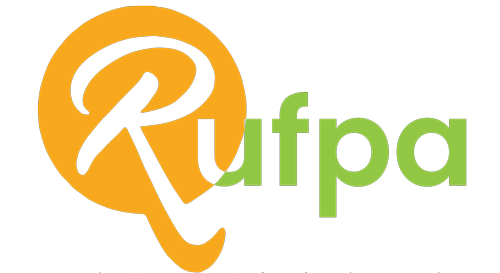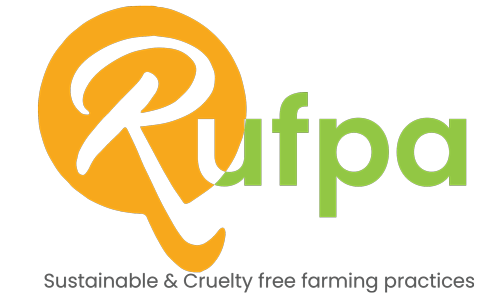Vegan School

Vegan School Lunch
We work in selected schools by training and encouraging them to introduce affordable, accessible and healthy plant based lunch. This is part of our strategy to reduce cruelty towards farmed animals and reverse the impact of animal agriculture on the environment.
The project seeks to address health, environmental, and ethical treatment of animals among school going children in selected schools.
This project aims to improve the health and well-being of students, reduce the environmental impact of food
production, and promote compassionate towards animals in the food industry.

Vegan school lunch approach
We conduct a comprehensive assessment of the current school lunch program through assessing the nutritional
content, sourcing practices of the schools, student preferences and understanding of compassion towards animals.
We collaborate with nutritionists, chefs, district health and education departments to design well-balanced vegan menus that meet the dietary needs of school going children. The menu caters for essential dietary needs like protein, iron, vitamins, healthy fats and minerals.
Our project encourages school authorities to grow their own food since most schools we are working with have farm land that’s not been utilised for crop growing, this ensures sustainability and affordability.
In some instances we encourage partnerships with local farmers and suppliers to source fresh, locally-grown
fruits, vegetables, grains, and legumes. This in the long run supports the local economy which is mainly the parents of the school children and also reduces the carbon footprint of transportation.
We train and build the capacity of the school cooks and staff on vegan cooking techniques, nutrition, and food safety practices.
We conduct awareness and education campaigns aimed at educating students, parents, and the community about the benefits of a healthy vegan diet to the healthy growth of children, the environment, and animals.
This project is being implemented in 15 schools including primary level, vocational and secondary schools, we hope to expand to more 30 schools by 2025 as we monitor the program’s impact on student health and
environmental outcomes.
To ensure the project sustainability we work with the district education and health departments to integrate vegan nutrition education into the curriculum, engaging with parents, and fostering a culture of conscious eating through parent teacher associations.
WHY VEGAN SCHOOL LUNCH
Vegan school lunches offer several advantages to health, animals, and the environment.
Here are some of the key benefits
Health Benefits:
Nutrient-Rich Diet: Vegan meals are typically rich in fruits, vegetables, whole grains, legumes, nuts, and seeds, providing essential nutrients such as fiber, vitamins, minerals, and antioxidants.
b. Lower Saturated Fat and Cholesterol: Vegan diets are naturally low in saturated fat and cholesterol, which can reduce the risk of
heart disease and improve overall cardiovascular health.
c. Weight Management: Plant-based diets are often associated with lower calorie intake and can support healthy weight management, reducing the risk of obesity and related health issues.
d. Reduced Risk of Chronic Diseases: Vegan diets have been linked to a decreased risk of chronic conditions like diabetes, certain
cancers, and hypertension.
Advantages to Animal Welfare
a. Ethical Choices: Vegan school lunches promote empathy and respect for animals by eliminating the consumption of animal
products, which are often associated with factory farming and inhumane practices.
b. Reduced Demand for Animal Agriculture: A shift towards plant-based diets in schools can help reduce the demand for animal agriculture, which, in turn, may lead to a decrease in the number of animals raised for food under potentially cruel conditions.
Environmental Benefits:
a. Lower Greenhouse Gas Emissions: The livestock industry is a major contributor to greenhouse gas emissions. Vegan school
lunches can help reduce the environmental impact by decreasing the demand for meat and dairy products.
b. Reduced Land and Water Usage: Plant-based diets require fewer resources in terms of land and water compared to animal
agriculture, contributing to conservation efforts.
c. Biodiversity Preservation: Reducing the consumption of animal products can help protect natural ecosystems and biodiversity,
as animal agriculture often leads to deforestation and habitat destruction.
Education and Awareness:
a. Teaching Sustainability: Vegan school lunches can serve as a practical example of sustainable and environmentally responsible
choices, educating students about the impact of their food choices.
b. Promoting Compassion: These meals can encourage students to think about the ethical treatment of animals and promote compassionate values.
It’s important to note that the specific health and environmental benefits of vegan school lunches may vary depending on the
quality of food provided and the overall nutritional balance. Ensuring that vegan school lunches are well-planned and provide
essential nutrients is crucial for reaping these advantages

